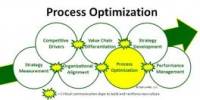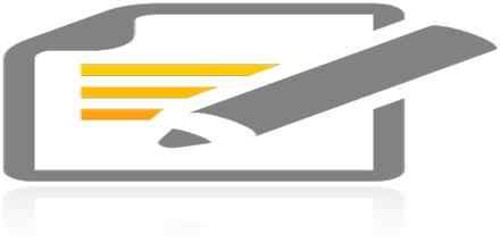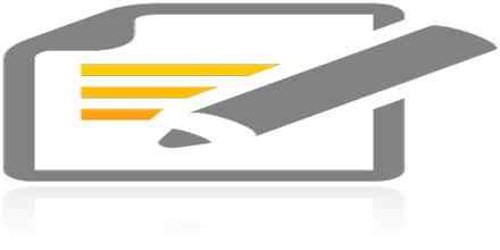Information management allows managers to create reports about the company activities. Company activities can be products produced or sold, services, inventory, business partners and people.
Employing our benefits quantification toolkit, we have helped several organisations identify millions of pounds worth of benefits that can be realised through simply standardising their information management practises.
Looking back on this work, we have begun to notice some common themes for benefit opportunities across the public sector, namely:
Reducing time wasted hunting for information – administration and middle management staff often complain to us that they waste their time hunting for information on a daily or weekly basis. This results in them taking longer to complete tasks and can lead to missed or postponement of deadlines as staff are unable to find information in time, or have to wait until colleagues become available to ask to forward documents.
Reducing duplication of work – staff are aware that corporate information (such as presentations, documents, diagrams, customer correspondence) is continually being reinvented because staff do not have access to previous work or can not find it easily.
Reducing time wasted identifying the correct version of a document – administration and middle management staff have often raised this issue of lack of version control on the information generated by their organisation. This leads to time being wasted trying to identifying the correct version of a document or updating out-of-date information.
Generally speaking, there are four kinds of benefits from managing information strategically:
- reduce costs;
- reduce uncertainty or risks;
- add value to existing products or services.
















